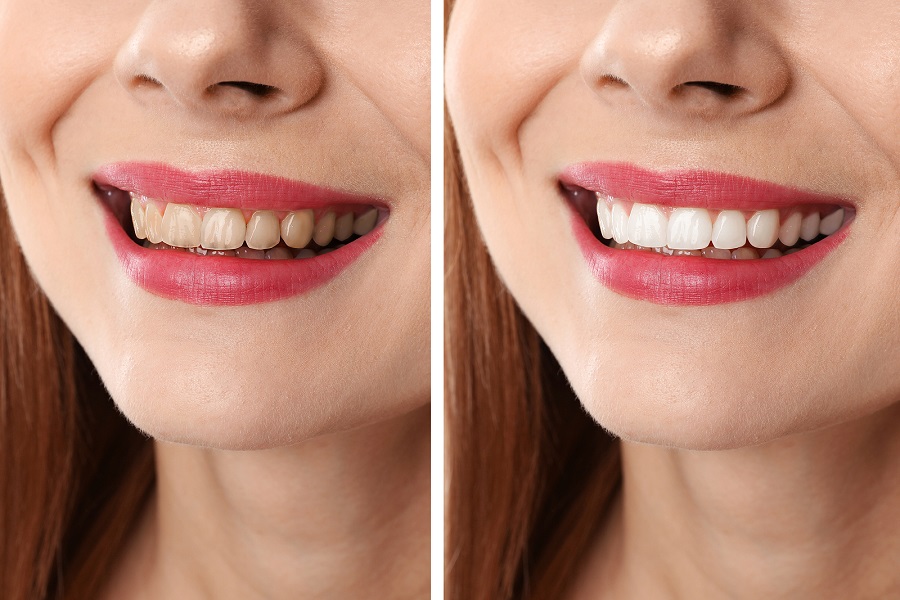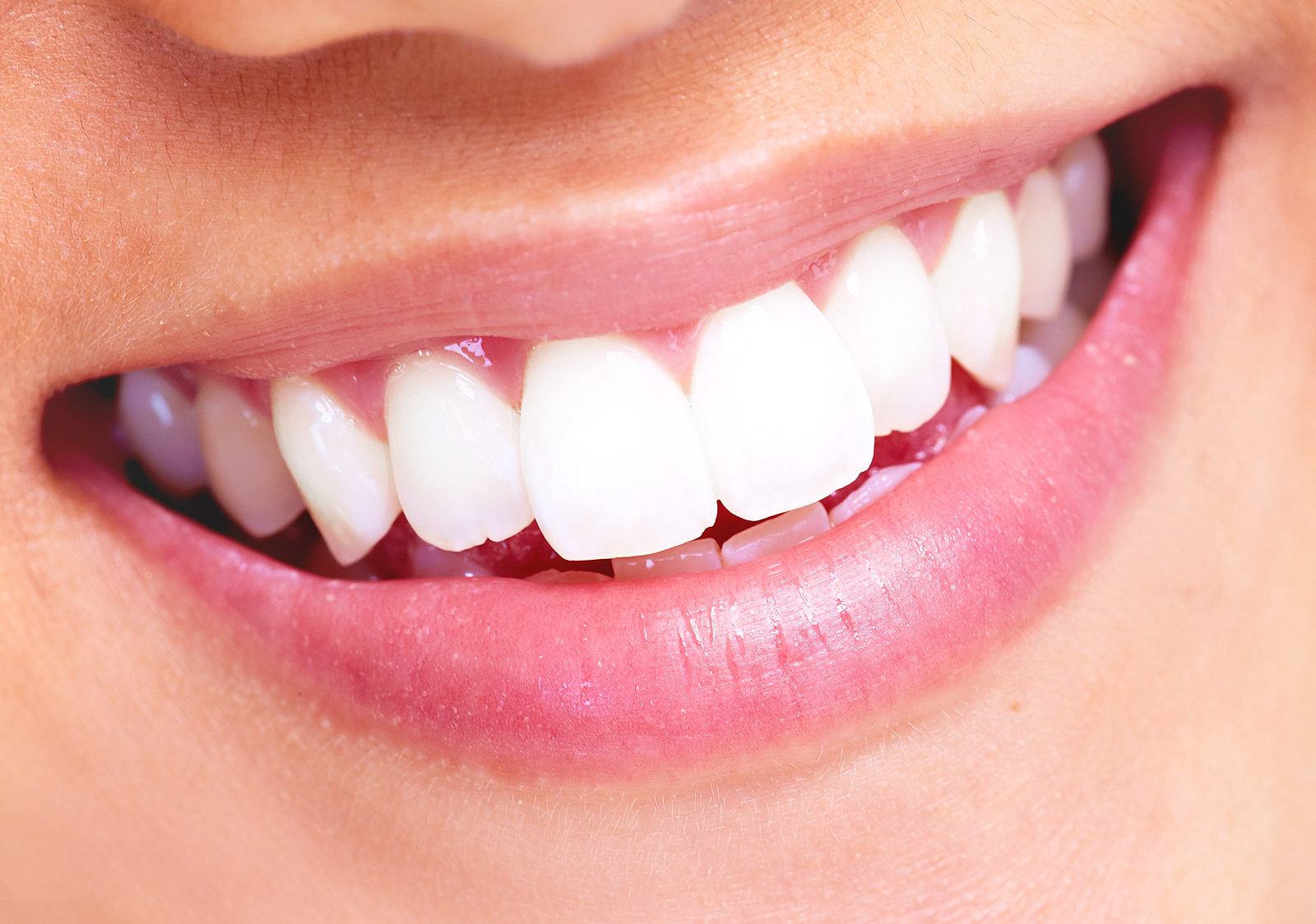STRESS-RELATED DENTAL PROBLEMS
Most people don’t associate stress with dental problems. While it can cause a number of health issues and significantly influence your physical and mental health, few consider the connection between stress and teeth issues. Most don’t realize that when they’re stressed or anxious they can cause damage to their teeth.
STRESS AND ORAL HEALTH – COMMON PROBLEMS
1. BRUXISM
Bruxism is a medical term for grinding and the clenching of teeth in stress. Most people don’t even realize they are doing it when they’re focused on what causes them stress. Almost everyone grinds their teeth when they’re angry or frustrated and this usually doesn’t cause much trouble. However, continuous and persistent bruxism can eventually wear the teeth down and cause jaw problems. This can also cause jaw ache, ear ache, and headache, which will only add to your stress.
Stress is one of the most common causes of bruxism, though it can also happen during sleep to people with an abnormal bite because of dental procedures or treatments. If you wake up every night with a sore jaw and a headache, there’s a chance that you’re grinding your teeth in your sleep. If you experience sore jaw and tender teeth often, there’s a chance you’re clenching them often in times of stress. The best way to address this is to visit a dentist and have them examine your teeth for signs of wear.
2. CANKER SORES
Dentists and doctors have noticed that there’s a connection between canker sores and physical or emotional stress, especially in women. Some people get canker sores because they chew on their lips or insides of their cheeks when they are stress. This can lead to significant breakouts and infections, especially if you do it often and don’t allow the sore to heal completely. Canker sores aren’t contagious but they’re quite painful. They can be especially painful when you’re consuming food or hot drinks. If you experience canker sores regularly, you should visit your dentist and work on solutions to avoid them.
3. DRY MOUTH
Dry mouth can cause a number of problems. It can encourage bacterial infections because there’s not enough saliva present in the mouth to break down food particles and counteract harmful bacteria. Dry mouth is also a common cause of bad breath; it can happen for a number of reasons like poor dental hygiene, breathing through your mouth instead of nose, medication, etc. However, it’s often caused by stress and anxiety. When you experience intense stress and anxiety, your body is more vulnerable to acid reflux. This acid can cause damage to your salivary glands and lead to a lower production of saliva. Dry mouth is also a known side-effect of anti-anxiety and antidepressant medication. If you experience dry mouth often, you should consult with your dentist to come up with a treatment plan that can help. Most dentists will recommend changes in lifestyle and diet to address the problem.
4. TOOTH DECAY
Most of the problems mentioned above can cause tooth decay. Bruxism can weaken and fracture the teeth while dry mouth can lead to more bacteria and increased risk of cavities. Stress and teeth are connected so it’s important to keep an eye on your oral health if you know you experience stress and anxiety on a regular basis. That’s the only way to avoid cavities and tooth decay in such situations. If you experience stress-related dental problems, you should visit a dentist and determine solutions that will help you limit your problems as you deal with stress.






















0 comments